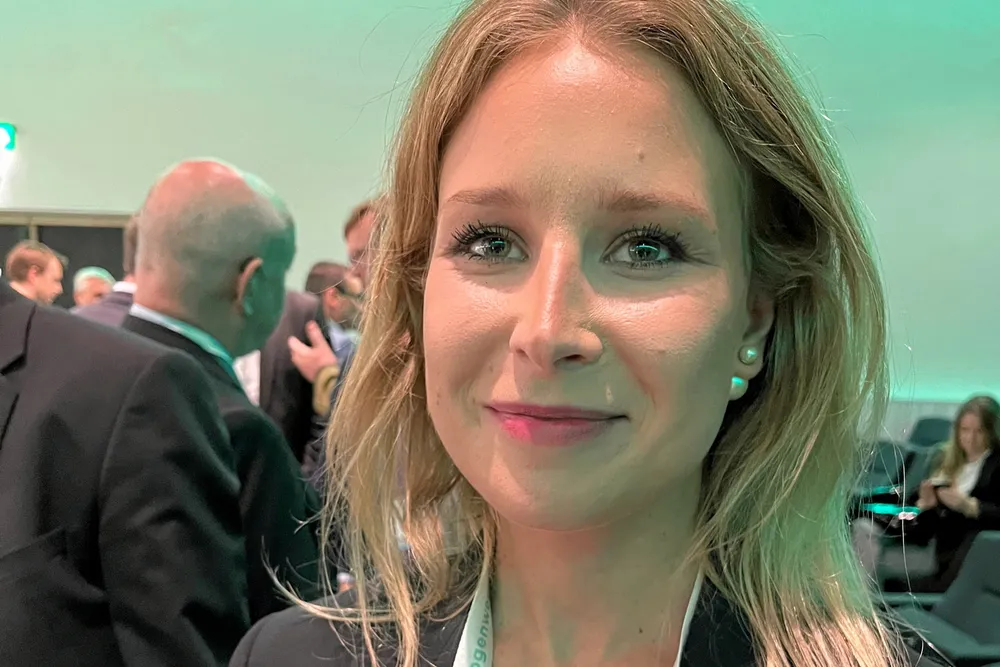EXCLUSIVE | We can settle the big hydrogen regulation questions within a year, says EU
Delays are a result of emergency gas measures and lack of clarity from H2 industry, European Commission official tells Hydrogen Insight

Delays are a result of emergency gas measures and lack of clarity from H2 industry, European Commission official tells Hydrogen Insight
